Energy expert and public affairs analyst, Kelvin Emmanuel, has criticised the decision of the Nigerian Government to build another seaport in Lagos while abandoning the development of the Calabar Deep Sea Port.
He questioned the rationale behind such decision by the Federal Government, stressing that development of the Calabar Deep Seaport would help to transform Nigeria’s maritime sector and boost the country’s economy.
Join our WhatsApp ChannelMr Emmanuel, who is also the Co-Founder/CEO of Dairy Hills, added that it would mitigate logistics challenges associated with import and exports along the eastern corridor.
“The FG has left the Calabar Deep Sea Port to rot while it goes ahead to start drawings for a fourth sea port in Lagos,” Emmanuel stated in a post on his X handle on Saturday.
According to the analyst, the Nigeria Ports Authority (NPA) had reached an out of court settlement with Jan De Null in 2022 on the dispute arising from the contract it was awarded in 2006.
Prime Business Africa recalls that in 2006, former President Olusegun Obasanjo’s administration awarded a contract for the dredging of the Calabar water to messers Jan De Nul and Van Oord at a cost of $56.million.
READ ALSO: Togo, Benin Benefit As Nigeria’s Inefficient Seaports Lose $7Billion Every Year – Reps
The contract was said to have been abandoned halfway, when former President Goodluck Jonathan’s administration came on board. Jonathan’s administration initiated the Calabar Channel Management Board (CCMB), which is a joint venture company between Nigerian Port Authority (NPA) and a consortium led by Niger Global Engineering and Technical Company Ltd with the mandate to dredge the Port.
However, a court dispute ensued which stopped the dredging work at some point.
Former managing director of NPA, Mohammed Bello, during an inspection visit to the Calabar port in July 2022, clarified that all issues have been settled amicably.
Bello then said the Calabar Port Channel will be re-vitalised and sustained to enable the Port generate revenue for the Federal Government.
However, two years after the assurance, the dredging work has been abandoned.
“Isn’t it time you dredge and raise the channel draft from 6-12 meters?,” Emmanuel asked the Federal Government. He noted that the Cross Rivers State Governor, Bassey Otu, has announced plans to build a sea port in the Bakassi. This, he said, cannot be compared to Marina in Lagos in terms of geographical size.
Dredging is the removal of sediments and debris from the bottom of lakes, rivers, harbours, and other water bodies.
Experts opined that dredging the Calabar channel will enable heavy, ocean-moving vessels to navigate into the port without challenges.
In a series of tweets on Saturday, 28 December, Emmanuel frowned at what he described as deliberate restriction of maritime operations to the Western part of the country.
He cited another example of Ibaka Deep Sea Port in Akwa Ibom. According to him, development of the facility has been withheld by the federal government.
“You cannot claim to be progressive and restrict maritime operations to the Western Flank. It’s dishonest,” Emmanuel stated, underscoring the need for decentralisation of port operations across the country.
READ ALSO: Ibom Deep Seaport: Can Akpabio Live Up To His Billing?
The expert urged the Federal Government to decentralise the eastern maritime corridor so that the South-east and North-east can benefit.
He also called for the removal of the categorisation of Onne port as E&P “so the fees for non-oil and gas cargoes will enable it to compete with Lagos.”
“Governance that’s not structurally fair to all is dishonest,” he warned.
Reacting, an X user, @Chykeray, said: “It’s tragic that a big country surrounded by the sea in its south regions depends on a small Lagos for a long time, it smells foul.”
Another X user, @suf_davinci, accused the federal government of deliberately refusing to develop the Eastern ports and railways which are very important for socio-economic development.
Victor Ezeja is a passionate journalist with seven years of experience writing on economy, politics and energy. He holds a Master's degree in Mass Communication.

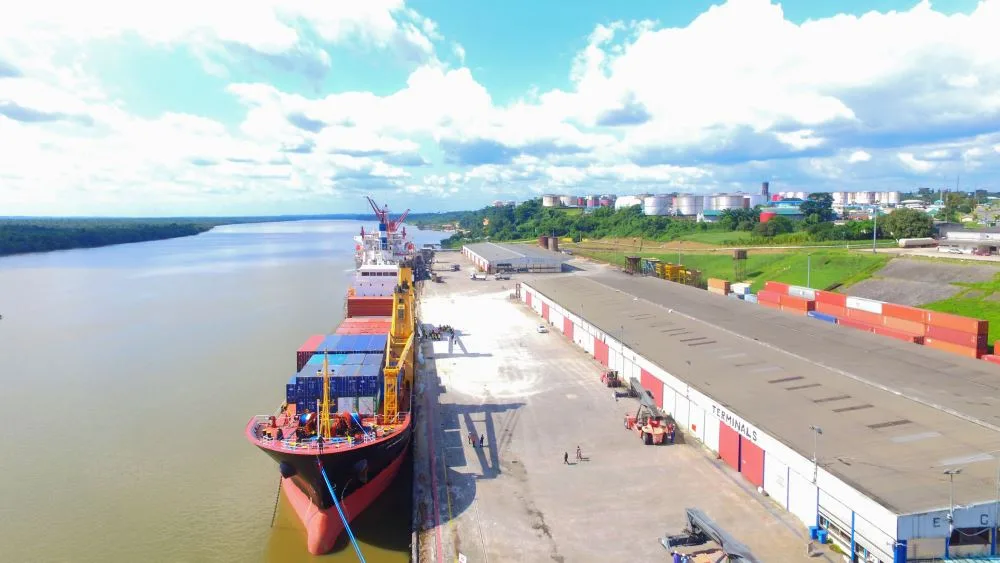





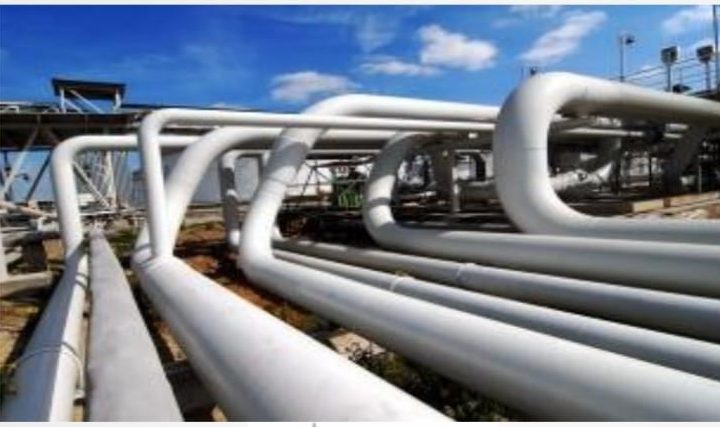






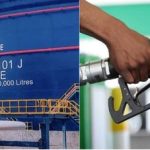

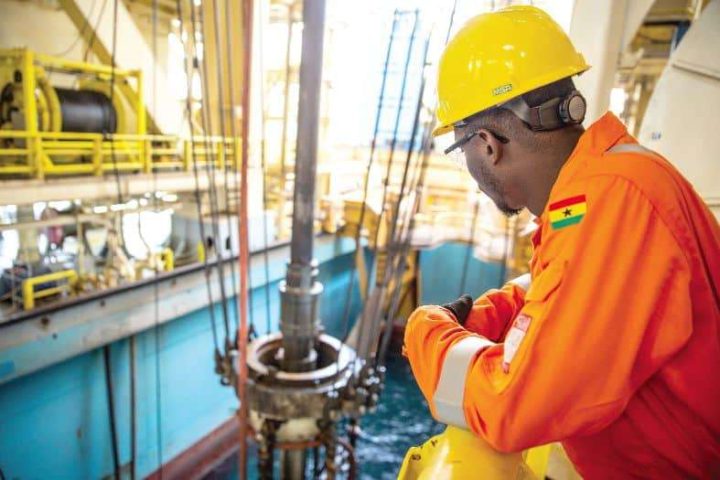
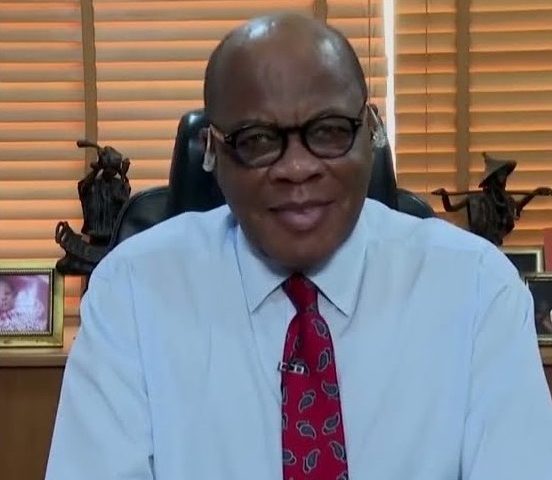
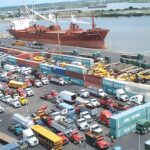
Cheating is too much can you imagine when all the development goes to lagos only is it only lagos that we have in Nigeria why they cannot extend development to the south east and south south region if Nigeria government are doing the right thing..lagos is not only city we have in Nigeria